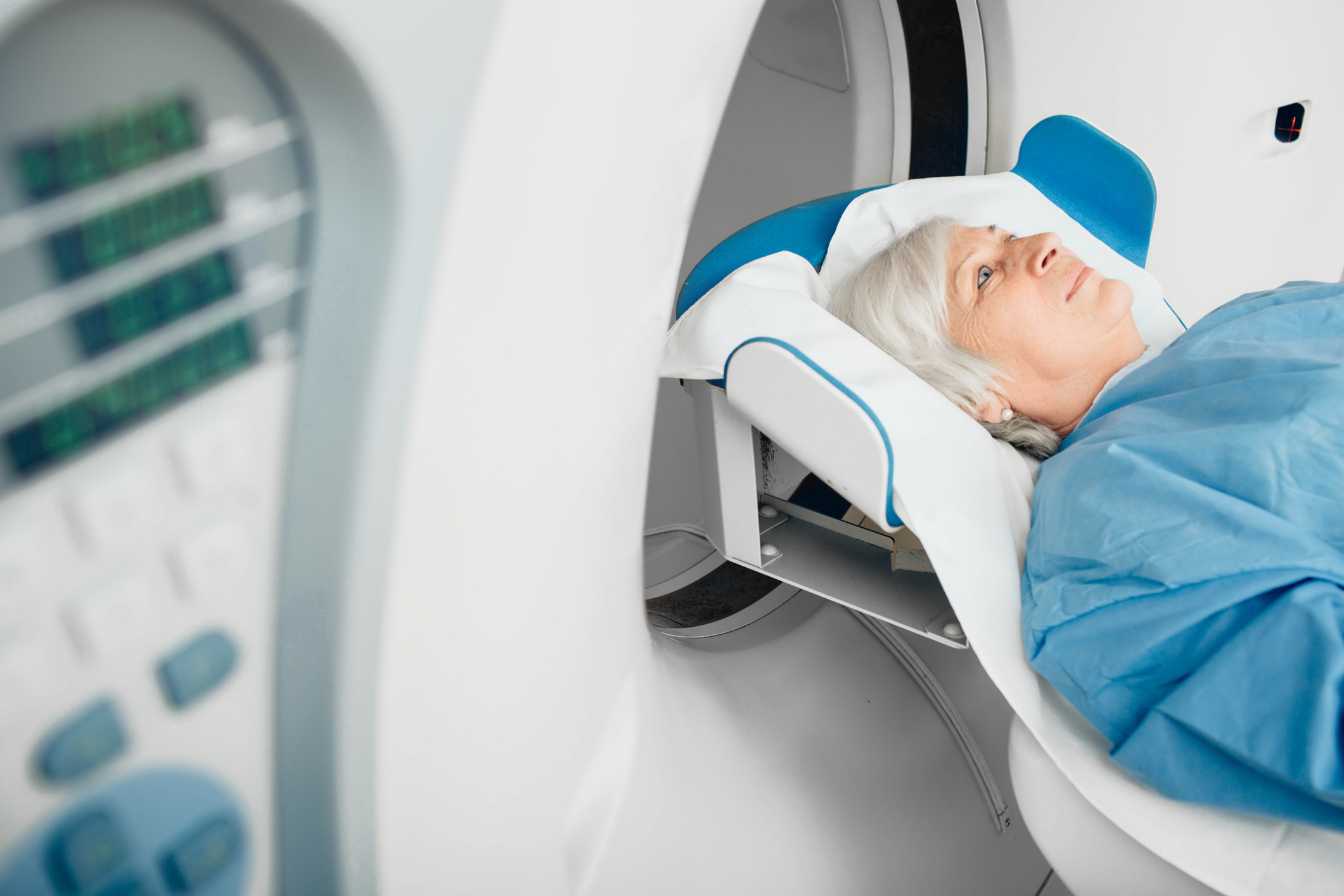It is estimated that 1 in 8 women will develop invasive breast cancer in her lifetime and in the United States, breast cancer is the most commonly diagnosed cancer among women besides skin cancer. And because nearly half of women over the age of 40 have dense breasts, researchers are studying how to improve screening tools that supplement mammograms when results are difficult to read.
According to a recent New York Times report, a Dutch study of more than 40,000 women with very dense breasts found that magnetic resonance imaging (MRI) scans detected more tumors than mammography alone. Dense breasts have more connective and fibrous tissue and less fatty tissue compared with breasts that aren’t dense. Dense breasts can be more likely to develop breast cancer and make it harder to detect cancers with a mammogram.
With supplemental MRI screening for women with dense breasts, it is hoped that more cancers will be detected at an earlier stage making them easier to treat and improving survival rates for women. Earlier detection can also reduce the need for more aggressive treatment such as mastectomy or chemotherapy, improving the health and well-being of women’s lives.
In addition to the treatment benefits of MRI screening, screening costs of biopsies following a mammogram could be significantly reduced. Women who have been told by their doctor they have dense breasts should discuss whether MRI screening between mammograms could be beneficial. Adding ultrasound and 3-D mammography may also detect more cancers in dense breasts.
U.S. guidelines recommend that women begin screening for breast cancer at age 50; some clinics advise starting mammogram screening at age 40. Your doctor will be able to provide advice on when to start screenings based on your personal risk and the benefits and limitations of annual mammograms.
Learn more about supplemental MRI screening for women with dense breasts by following this link to the New England Journal of Medicine. Click here to learn how to perform a breast self-exam.






Add Your Voice
0 Comments
Join the Discussion